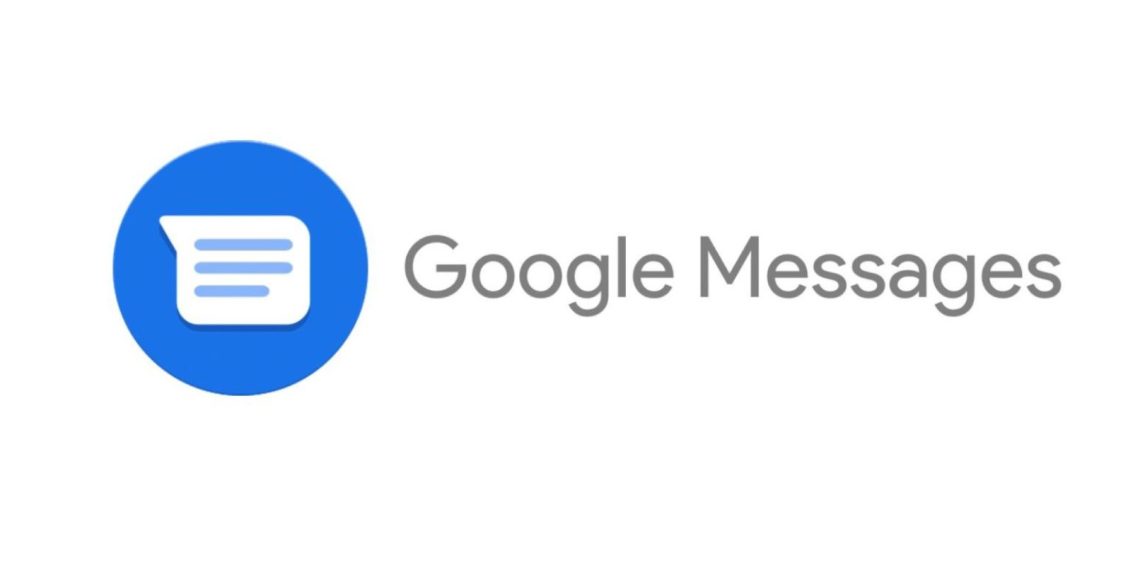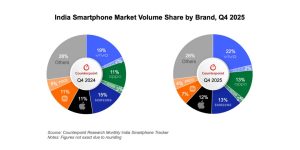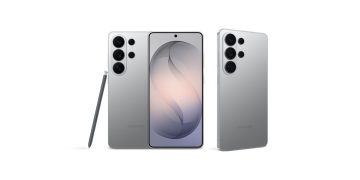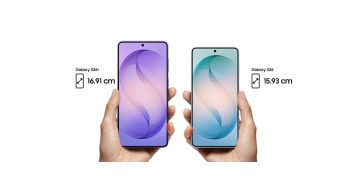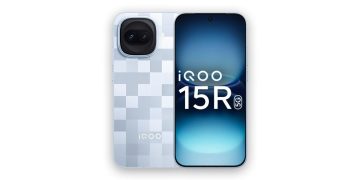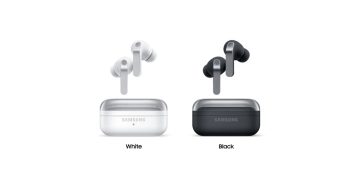Google has just announced some major updates for its Messages app that are bound to impact the way users communicate. The company revealed that Google Messages will now enable RCS (Rich Communication Services) by default, making it the standard messaging mode for Android users. Additionally, Google also unveiled that Group Chats within the app will receive end-to-end encryption, ensuring a new level of security for your conversations.
Let’s delve into the details of these exciting changes and their implications for users:
Google Messages Embraces RCS by Default
Rich Communication Services (RCS) is a modern messaging protocol that enhances standard text messaging by offering features like read receipts, typing indicators, and better multimedia sharing. Google has been advocating for RCS since 2019, and with this latest update, it’s taking a significant step forward. Starting now, Google Messages will automatically use RCS for messaging, ensuring that users enjoy the benefits of this advanced communication technology.
Users have the flexibility to opt out of RCS and revert to traditional SMS if they wish. However, given the advantages RCS brings to the table, it’s likely that many users will appreciate the enhanced messaging experience it offers.
Enhanced Security with End-to-End Encryption in Group Chats
One of the most notable security enhancements announced by Google is the implementation of end-to-end encryption for Group Chats in Google Messages. This means that when you engage in group conversations, your messages will be secure and private from end to end, making interception virtually impossible. This level of encryption adds an extra layer of protection to your conversations, giving you peace of mind while discussing various topics with your friends, family, or colleagues.
The Ongoing Apple and RCS Saga
Google’s push towards RCS has met with enthusiasm from Android users, but there’s been a considerable stumbling block – Apple’s lack of interest in adopting RCS. While Google has tirelessly promoted the advantages of RCS, Apple has shown no inclination to integrate this technology into its iMessage platform.
The divide between Android and iOS users when it comes to messaging standards has been evident. While RCS enhances Android texting, Apple’s iMessage has retained its exclusivity for iPhone users. The result is that cross-platform conversations between iOS and Android users often resort to outdated SMS and MMS standards, leading to subpar multimedia quality and limited functionality.
Will Apple Budge?
Despite Google’s attempts to encourage Apple to adopt RCS, the Cupertino-based company has stood firm in maintaining its iMessage exclusivity. Apple’s CEO, Tim Cook, even responded to queries about RCS by suggesting users buy iPhones for better messaging experiences.
Given Apple’s history of preserving its ecosystem, it’s uncertain whether the company will ever embrace RCS. While external pressures, like European Union mandates for USB Type-C and third-party apps, have nudged Apple to make certain changes, RCS integration might be a tougher nut to crack.
In the end, whether Apple eventually adopts RCS remains to be seen. For now, Google’s announcement regarding Google Messages is a notable step forward in enhancing Android users’ messaging experience, making conversations more secure and feature-rich.


